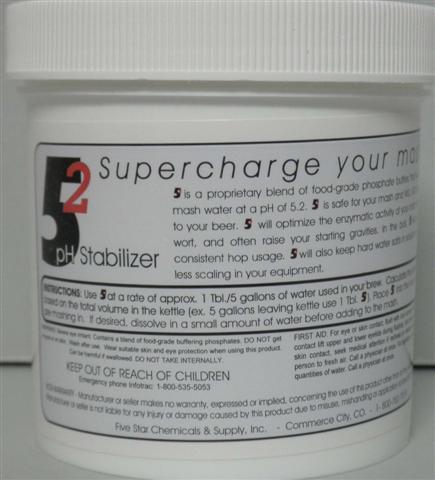DogFlynnHead
Well-Known Member
Brewed a wheat beer yesterday and forgot to add 5.2 ph additive to the mash, but did add it the 2 batch spathes we made. Tried the beer before pitching and got very bitter up front taste. I also learned we have a green algae problem with our water supply. We've used this water before with no problems. Here' the recipe:
6.75# muttons marris otter
6.50# white wheat
.75# munich
.25# caraviene
.25 oz amarillo @60 min
all other hop additions made @ or after 25min mark. So not worried about bitterness coming from hops.
Mash temp 152, sparge temps 168.
Ant ideas about up front bitterness?
6.75# muttons marris otter
6.50# white wheat
.75# munich
.25# caraviene
.25 oz amarillo @60 min
all other hop additions made @ or after 25min mark. So not worried about bitterness coming from hops.
Mash temp 152, sparge temps 168.
Ant ideas about up front bitterness?


